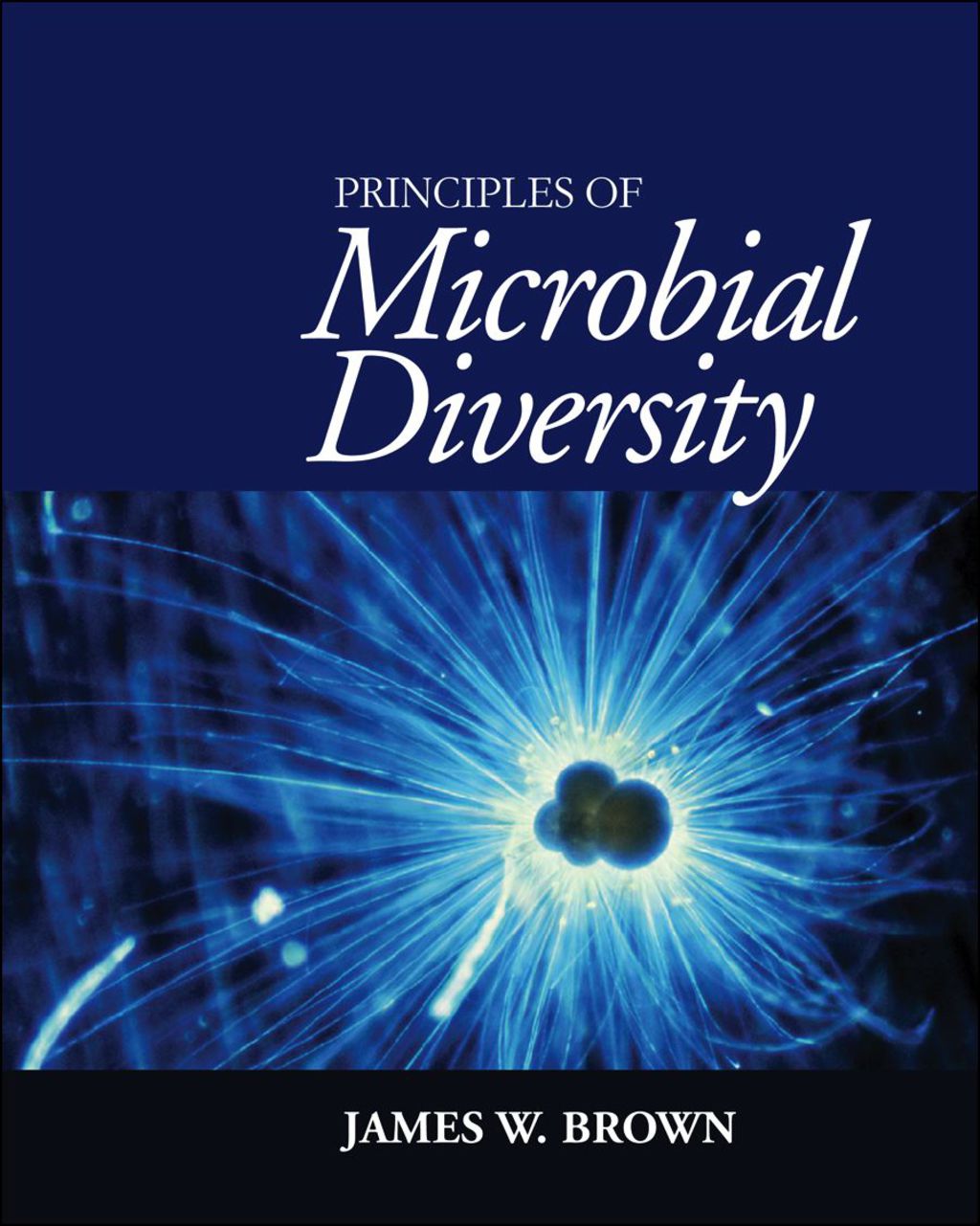Principles of Microbial Diversity
$74.00 $18.50
This is a digital product.
Lifetime, High Quality, Printable.
This brand new textbook will fill a currently empty niche in microbiology textbooks and provide a current, comprehensive view of microbial diversity. A microbial diversity course is considered one of the three core courses that every department should require of its majors, the other two being microbial genetics (Molecular Genetics of Bacteria, 4e) and pathogenesis (Bacterial Pathogenesis, 3e). There are typically two ways to teach courses on microbial diversity. 1) Focus on metabolic diversity: which microbes are able to “eat” metals, which microbes tolerate extremely high or extremely low temperatures, etc. 2) Consider microbes systematically or phylogenetically, figuring out which group belongs with or next to this other group, what the line of descent might be between organism X and organism Y, etc.–a more evolutionary approach. Brown teaches from the second approach. Intended for senior undergraduate students majoring in microbiology or a related field such as genetics or biology, graduate students either in other programs, or incoming graduate students with non-microbiology backgrounds. • Includes a series of “Questions for Thought” at the end of each chapter. • Offers a practical guide to molecular phylogenetic analysis, focusing on how to create and interpret phylogenetic trees, and an overview or survey of “the Tree of Life.”
Principles of Microbial Diversity 1st Edition is written by James W. Brown and published by ASM Press. The Digital and eTextbook ISBNs for Principles of Microbial Diversity are 9781555818517, 155581851X and the print ISBNs are 9781555814427, 1555814425.
Q & A
Ask a question
Your question will be answered by a store representative or other customers.
This site is protected by reCAPTCHA and the Google Privacy Policy and Terms of Service apply.
Thank you for the question!
Your question has been received and will be answered soon. Please do not submit the same question again.
Error
An error occurred when saving your question. Please report it to the website administrator. Additional information:
Add an answer
This site is protected by reCAPTCHA and the Google Privacy Policy and Terms of Service apply.
Thank you for the answer!
Your answer has been received and will be published soon. Please do not submit the same answer again.
Error
An error occurred when saving your answer. Please report it to the website administrator. Additional information:
File formart download: PDF or EPUB. (You will receive a download link for the file in one of two formats: PDF or EPUB.)
Enter your Email correctly. Download link is sent to your Email.
Related products
Uncategorized
Uncategorized
Uncategorized
Uncategorized
Uncategorized
Uncategorized
Uncategorized
Uncategorized
Uncategorized















Reviews
There are no reviews yet